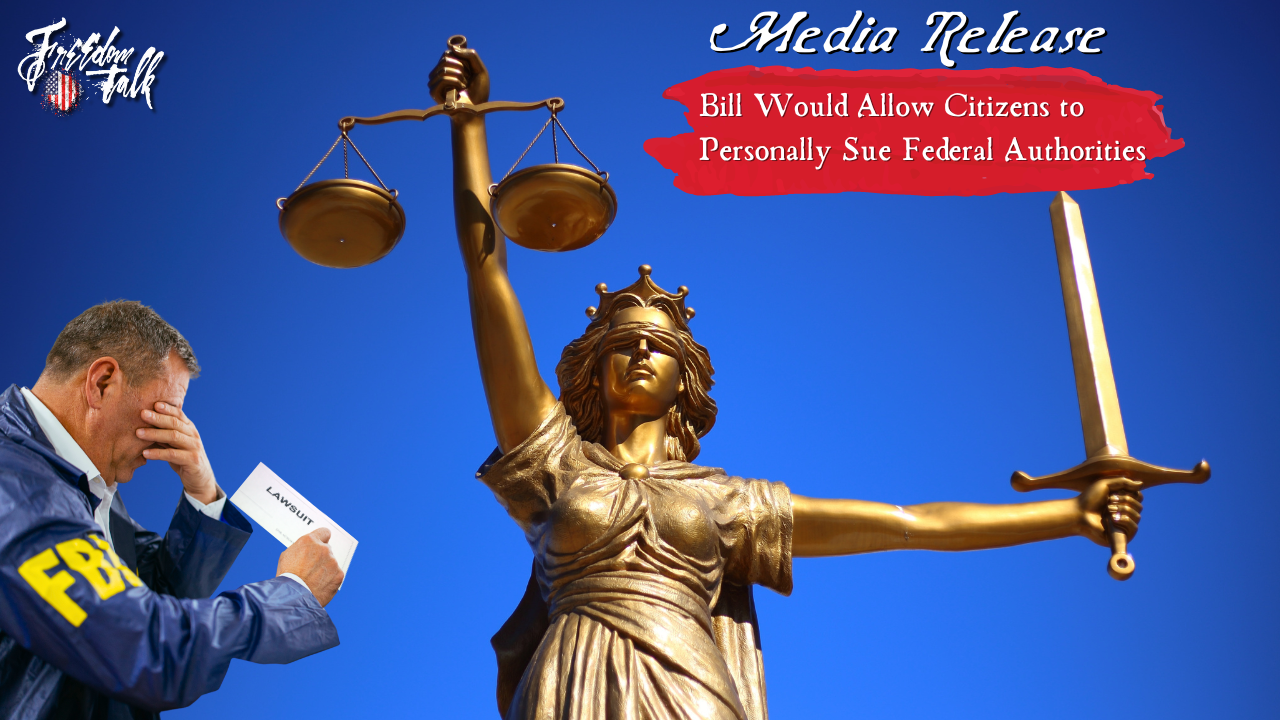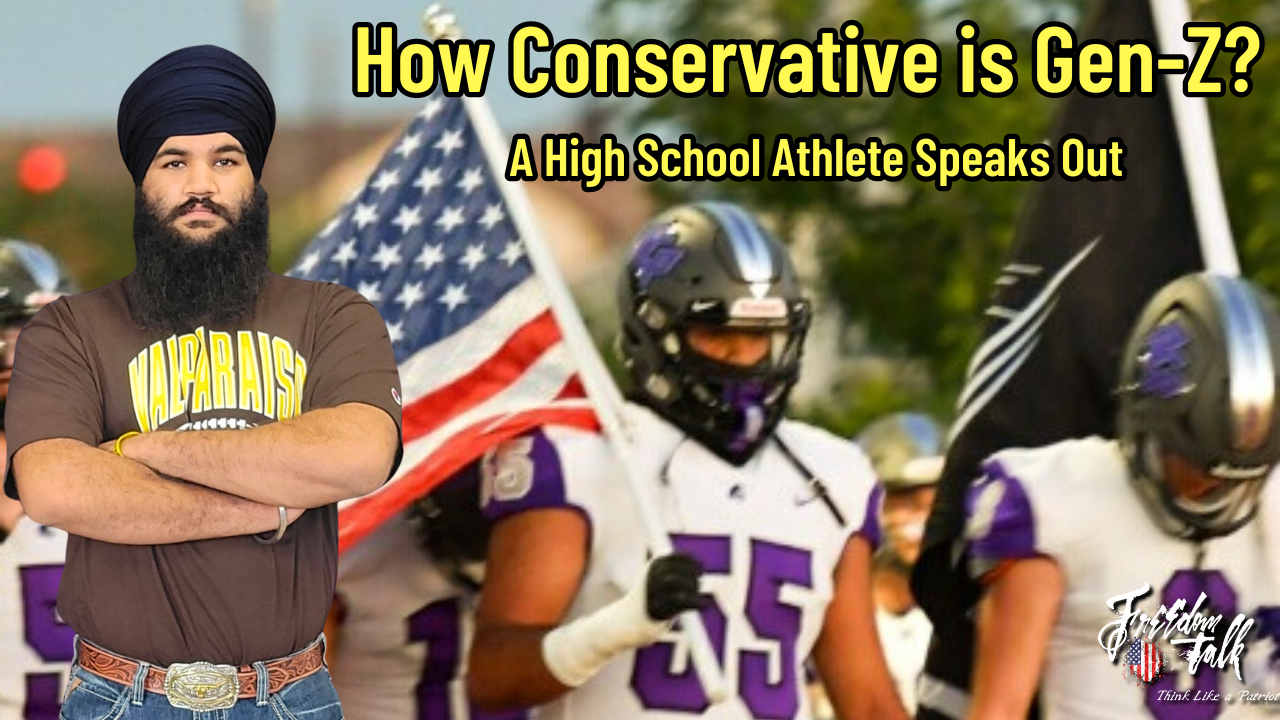To remedy the 2022 Arizona election fiasco, we need only look to the Founders of the American Republic. They set the example and told us what to do.
The 2022 Midterm Elections in Arizona have been a debacle, outdoing even previous poorly run, compromised elections in a state fraught with election integrity issues. With at least half of Arizona’s voters disenfranchised, cheated, and suppressed many are demanding a remedy. Those wishing to contest the results have brought evidence of incompetence and even foul play to legal teams, to the state Attorney General’s office, and before the public.
The battle for fair and transparent elections has become punitive toward those calling for answers, witnessed by the swift and brutal response to the January 6 protesters who had similar allegations about the 2020 presidential election. This intimidates a large number of voters into inaction.
Will rallies bring reform? Will protests force dishonest and unjust powers to deal fairly with the people? The world watches as the people of Brazil flood the streets in massive numbers to demand election integrity, asserting that their election was stolen. As the masses there plead with their military to intervene, the outcome is uncertain.
As reported by PBS, News Hour, “Although the Bolsonaro administration has not opposed the transition of power, the far-right leader has yet to concede or congratulate his opponent. Many of his supporters are taking the cue, and refusing to accept the result. At one point, they threatened to paralyze the country with more than 1,000 blocked highways and roads. On Nov. 11, the Supreme Court ordered law enforcement to liberate all roads and public spaces.
Many in Arizona feel the same desperation expressed by Domingues Carvalho, 63: “I’m fighting for my country, for my daughter and three grandchildren,” he said, adding that he sometimes kneels down in front of the military’s building to pray. “I’ll stay here as long as necessary. We are peaceful but we will never, ever leave our country in the hands of communists.”1
But we do not live in Brazil; we live in the United States of America. In our outrage over schemes to steal our voices and hijack our elections, the remedies our Founders granted to us when we find our liberties usurped and abused have been largely overlooked, perhaps forgotten.
Over the past two years of unconscionable violations of our Constitutional rights, we’ve turned to mass protests, litigation, and appeals to governmental authorities—all the tactics our pre-revolutionary ancestors tried to free themselves from the control of Great Britain…to no avail.
None of those appeals worked for our people then; none of them are working for us now. They have been met with scorn, persecution, and abuse of power.
Our Forefathers ultimately declared their inalienable rights by drawing on the Anglosphere Heritage of Freedom going back centuries—a tradition of strength through unity balanced with individual sovereignty that America shared with the entire world. That tradition belongs to all of us, regardless of race, creed, or gender.
Yet, we have forgotten who we are. We are succumbing to the hopelessness of tyranny, as dishonest and power-hungry politicians and their administrators drain the life and spirit out of those from whom their authority is derived.
A once-proud people, after more than two years of “social distancing,” virtual house arrest, and daily persecution and bullying from our own government, have become despondent. While some have been well-intentioned, others have used a declaration of pandemic as a pretext for seizing power and prerogatives they are not entitled to.
It is past time we reclaimed our sovereign rights. We can look to the Founders to remind us of who we are, and to provide us with the tools we need to win this, our Second American Revolution, peacefully, God willing.
There are a handful of things over which the government has control only by our consent. One of those, of course, is our inner life—our spiritual convictions and the essence of who we are. Another is the yielding up of the fruits of our labor. As long as a government is responsibly administering the authority we loan to them by means of honest election, we consent to a fair amount of taxation to maintain the public good. This we call a social contract.
“Taxation and consent have long been entwined, even under relatively unrepresentative governments,” wrote Jared Walczak.2 However, should that contract be abused and repeatedly or severely broken, the contract between the People and the government is null and void. “The people,” as James Madison wrote, “are the only legitimate fountain of power.”
Thomas Jefferson was insistent upon the primacy of natural rights, even over the authority we vest in the authorities: “Our rulers can have authority over such natural rights only as we have submitted to them. The rights of conscience we never submitted, we could not submit. We are answerable for them to our God.”
James Otis’ “rallying cry of ‘taxation without representation is tyranny!’ became the watchwords of the American Revolution and remains familiar to our ears. American independence was born of a tax revolt.”2
There is no greater form of representation than our right to fair, clean, and well-administered elections. Our confidence in knowing that our vote has been counted, and our voice has been heard, is non-negotiable, and the burden of proof is upon those in whom we’ve vested election administration. In that regard, Maricopa County and perhaps others, have failed us.
“For the champions of American independence, the problem was not that taxes were high, but that they were arbitrary, occasionally capricious and punitive, and most importantly, adopted without the consent of the governed,” wrote Walczak.2
The same applies to the 2022 midterms. Voters did not consent to the conflict of interest in having a Secretary of State involved in her own election, for unlawful exceptions to be made to standard chain-of-command protocol, nor to be blocked from a full accounting and right to a recount, and/or re-do of a botched election.
Many of their grievances have been well stated in the letter from Attorney General Brnovich’s office dated November 19, 2022. As written,
Maricopa County appears to have failed to adhere to the statutory guidelines in segregating, counting, tabulating, tallying, and transporting the “Door 3” ballots. In fact, Maricopa County has admitted that, in some voting locations, “Door 3” non-tabulated ballots were commingled with tabulated ballots at the voting location. Further, we have received a sworn complaint from an election observer indicating that more than 1700 “Door 3” non-tabulated ballots from one voting location were placed in black duffle bags that were intended to be used for tabulated ballots.
Thousands of citizens find the administration of this election, and the responses to thousands of complaints indeed “arbitrary, capricious” and remedies “adopted without the consent of the governed.” As Assistant Attorney General Jennifer Wright wrote, “Arizonans deserve a full report and accounting of the myriad problems that occurred in relation to Maricopa County’s administration of the 2022 General Election.”
Walczak points to a long tradition linking taxation to ensuring fair representation:
Taxation and consent have long been entwined, even under relatively unrepresentative governments. There are many things that government can do against the wishes of the people, but taxation is too large an undertaking to be accomplished without at least tacit consent. Throughout history, tax compliance has been the exception rather than the rule. Champions of liberty, moreover, have recognized their power to resist taxation as a vital bargaining chip in securing other liberties.2
Exercising the rights of conditional consent in the face of authoritarianism has been a prerogative of the People for hundreds of years, going back to Runnymede, when the withdrawal of consent compelled King John to sign Magna Carta.
By insisting that taxes only be imposed with the consent of the governed, America’s founders believed they were doing nothing more than vindicating their rights as Englishmen, the latest in a long line of patriots who zealously guarded their ancient liberties…But it was never about the money. Frequently, colonial assemblies refused to even remit sums necessary to pay the salaries of colonial governors. It was about a principle: the power of the purse belongs with the people. They saw this not as a new right, but as the rights of Englishmen, a hard-won battle stretching from Magna Carta through the Civil Wars, surviving the Stuart Restoration and coming to full blossom in the Glorious Revolution. It was a heritage, it was a right—and it was being denied them.”2
America’s founders viewed the law as the great protector of our inalienable rights. Inasmuch as the law is utilized by the authorities to those ends, it is binding upon the people to follow it. This is, indeed, part of the Social Contract to which citizens are bound. Yet, there are exceptions under which even the law can and must be set aside for a higher purpose.
“Whatever else taxation should be, it had to be by consent. That idea, at once steeped in British history and radically revolutionary, remains an animating principle not only in taxation, but for the whole of the American experiment.”2
Thomas Jefferson wrote, with the authority due the drafter of the Declaration of Independence,
A strict observance of the written laws is doubtless one of the high duties of a good citizen, but it is not the highest. The laws of necessity, of self-preservation, of saving our country when in danger, are of a higher obligation…to lose our country by a scrupulous adherence to written law would be to lose the law itself, with life, liberty, property and all those who are enjoying them with us; thus absurdly sacrificing the ends to the means.”
Built into our country’s founding is an acknowledgment of the need to realign the law when it has strayed from the Principles from which it derives its legitimacy. This is not done, as the Declaration of Independence has it, “for light and transient causes”; but in crisis, such as under circumstances of fraud, maladministration, and malfeasance by the government, it is justified.
“Governments are instituted among Men,” reads the Declaration of Independence, “deriving their just Powers from the Consent of the Governed, that whenever any Form of Government becomes destructive of these Ends, it is the Right of the People to alter or to abolish it, and to institute new Government, laying its Foundation on such Principles, and organizing its Powers in such Form, as to them shall seem most likely to effect their Safety and Happiness.”
The Founders made it clear that the people have a right to appeal to a Higher Law, under which all laws, statutes, and mandates are subordinate, as Jefferson codified with these words, declared in 1776: “Whenever any Form of Government becomes destructive of these ends, it is the Right of the People to alter or to abolish it, and to institute new Government, laying its foundation on such principles and organizing its powers in such form, as to them shall seem most likely to effect their Safety and Happiness.”
Citizens do not abolish the law to promote popular contemporary causes, for that would be anarchy; yet at times, subordinate laws may be set aside for the sake of reform, if they have strayed from the immutable Law of Liberty for the purpose of restoring the intent, purpose, and validity of the law and to secure the rights to Life, Liberty, and the Pursuit of Happiness. Upon this very principle, the United States was founded!
Those deprived of their basic right of suffrage may question the validity of autocratic administrations to demand revenues until such time as all are granted a new and fair election, carefully overseen by worthy citizens from each political party. Few would disagree that fair representation warrants fair taxation.
As was the case in the first American Revolution, and going back to Magna Carta, the objective is not the shirking of taxes, but the legitimate authority to demand fair representation at the voting booth as a justification for taxation. When justice, equity, and fairness are restored to the land, consent is resumed.
State governments are obliged to earn their keep by governing honestly and lawfully. Accountability must be restored to Arizona and to the country, and in the case of the 2022 midterm elections, only a well-monitored re-do provides a remedy. We must call upon our state legislators and executors to do their duty to the people and the Constitution in addressing their grievances equitably. All people, regardless of political affiliation, must have clean, timely elections that are above reproach. Taking office under anything less negates a candidate’s legitimacy; pushing through certification despite “myriad problems,” usurps the natural rights upon which our country was founded.
The problematic November 8 election (still ongoing) must not be certified.
1 https://www.pbs.org/newshour/world/bolsonaro-supporters-protest-against-brazils-presidential-election-results
2 “Taxation, Representation, and the American Revolution,” Jared Walczak. Taxfoundation.org July 2, 2018.







